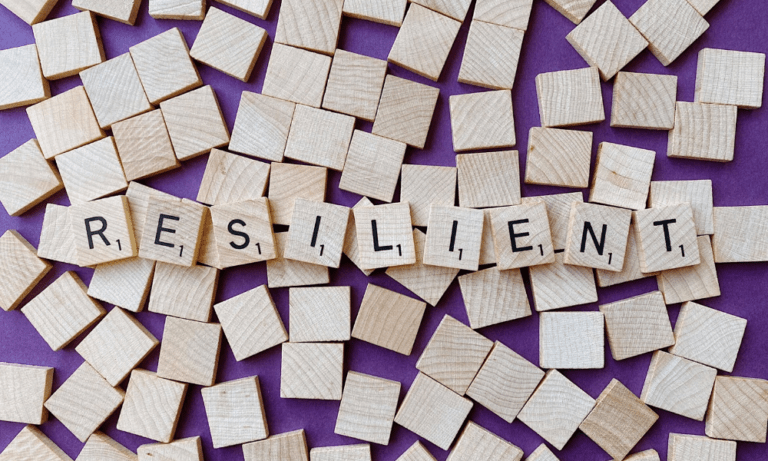Every child is capable of doing amazing things. There is no secret gene.
The potential for success and happiness is there in all children, although it can mean different things for different children.
They will face challenges on their paths to success and happiness and this is where we can help them. We can help them to develop the necessary skills they need to overcome the inevitable challenges they will face.
We can help them build resilience. Resilience is having the ability to handle challenge, stress, emotional trauma, and adversity.
As children develop resilience they become braver, more creative, and curious and see the world through a different lens.
The best bit is that resilience is something we can teach children, and in this post, we are going to look at 7 ways we can help our children build resilience.
Increase their time with people who care
Studies show that social support helps to improve positive emotions, self-esteem, motivation, optimism, and resilience.
Children won’t always notice the people who care are cheering them on. So when possible, try to make it obvious you are there for them and are their biggest fan.
Anything you are able to do to help build their bond with the people that love them most will strengthen them. Encourage them to spend time with their grandparents, aunties, and uncles.
Exercise
Regular exercise is great for everyone, especially children.
Exercise strengthens and hardwires the brain to make it more resilient to stress. It does this by increasing the number of neurochemicals that help to lower stress.
Anything that gets the kids moving is great, but if you are able to make it fun, even better. Here are a few ideas for next time you want to get the kids active:
● Hide-and-seek
● Tag
● Water-fight
● Building a camp
● Dancing to your favorite songs
Nurture Optimism
The studies show that optimism is one of the leading characteristics of resilient people. The brain has the ability to be rewired to be more optimistic by the experiences it’s exposed to.
If you have a young child that typically has a glass half empty view of the world, show them a different more optimistic view.
This doesn’t mean totally disregarding their view, acknowledge their feelings and show them there is another way too. They will thank you for it.
Lead the way
Copying others is a great way to learn something new, especially in children. Your children will want to be just like you and will watch the way you do things, even when you don’t notice.
Show them how you cope positively with challenging situations. Let them into your emotional world sometimes to help them see that sadness and challenges are all very much a part of normal life. Have a read of this article on emotional intelligence
If you can normalize situations, your children will feel a sense of safety and security that will help them deal with those types of situations when they occur in their lives.
Don’t rush to help them
That time between falling over and standing back up is where children learn how to find their feet.
As a parent or guardian, we often want to help our children at the first time of distress. However, if we want them to grow we should refrain from doing it all the time. Have a look at this article on helicopter parenting and why you should stop being one.
Exposing them to stress and challenges that they are able to manage in childhood will help them deal with it in adult life too.
There is evidence that shows that these types of early experiences produce positive changes in the prefrontal cortex (the part of the brain that helps you calm down) that will help protect you against the negative effects of stress.
Think of it like any kind of immunization. A small amount of exposure to something, even if it bad, will help to build up the resilience needed to fight it off in the future.
Encourage small risk-taking
Give your children the freedom to take small risks when they are younger in life. Show them that it takes courage to do something brave and that showing bravery is more important than the outcome.
Age-appropriate freedom allows children to understand where the boundaries lie and encourages them to make decisions for themselves.
When they start to take risks it opens up the world for them and shows them they have the ability to shape it how they want.
Nurture a Growth Mindset
Research has shown that children with a growth mindset (the belief that people can change) are more likely to display resilience when things get difficult.
In comparison to children that think bullies will always be bullies and victims will always be victims, children who believe that people can change show less stress and anxiety.
Summary
It’s important that we help to build our children’s resilience so they are better equipped to deal with stress and challenge as they get older.
Luckily, as parents or guardians, resilience is something we can help to instil in our children at a young age.
We just need to gently nudge them in the right direction and they will be able to figure out most of it for themselves.
Author
Adam Jones writes for The Growth Reactor which is a blog that helps everyone to live the life they deserve. The Growth Reactor provides all the latest actionable insights and tips on the most popular self-development trends to help you build the right habits to achieve all of your biggest goals in life.



Comments are closed.